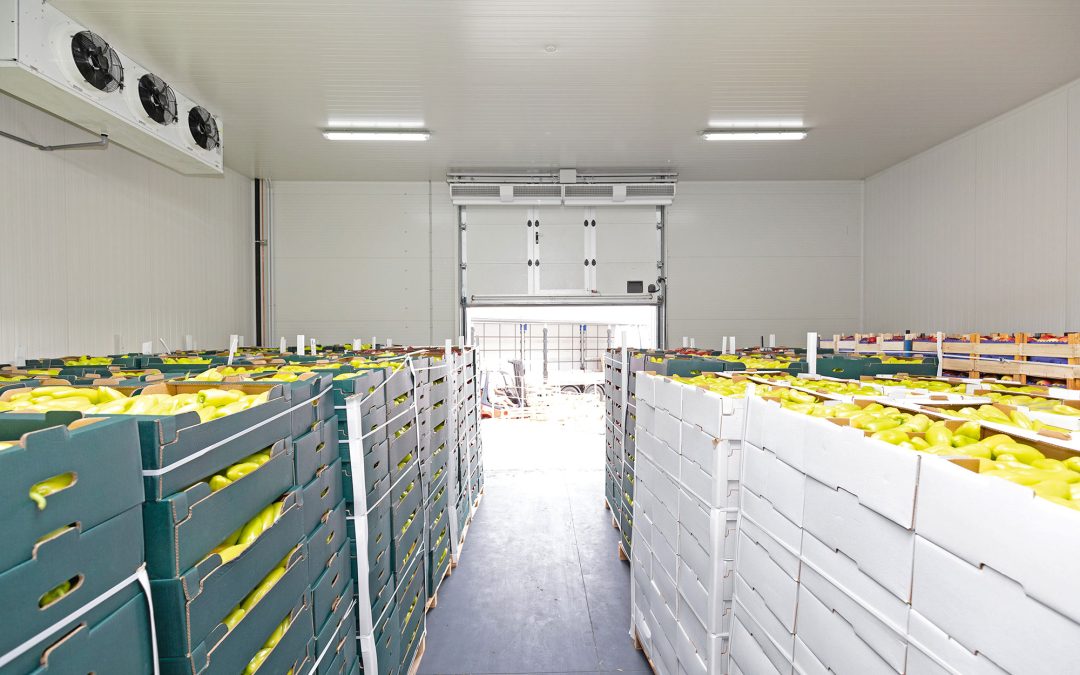It is no mistake that in today’s business environment supply chain traceability is now a necessity. It is imperative that as a business owner to track stock and products from origin to delivery to ensure that consumers are happy and a better transparency.
Traceability can minimize potential disturbances and creates more trust which gives a full overview of clients, suppliers and your business operations. With implementing a Warehouse Management System can be one of the best investments to keep traceability integral. Not only that some of the additional benefits include an improved workflow across your business and streamline operations accurately. In this blog article, we will investigate how to improve traceability within the food industry with a WMS.
Why is Traceability vital for the Food Industry?
As food businesses grow, the need for a transparent and compliance business increases with handling different food products. Supply chain traceability can build trust with suppliers and clients to ensure you comply to relevant regulations. By implementing a WMS, you instantly digitize your warehouse operations with the functionality to provide real-time tracking.
What are the key benefits for Supply Chain Traceability?
- Better Quality Control – Maintain the high standards and provide insights within the supply chain process
- Real-time overview – Instantly track the movement for goods, which gives clear visibility within the supply chain.
- Accountability – Be confident that within each stage for production is always monitored
What are the main ways a Warehouse Management System which develops Supply Chain Traceability?
With the implementation for a Warehouse Management System can go beyond inventory management software. Instantly it transforms your current operations into a more data-driven operation and become more compliant in various ways:
Demand Forecasting: Can play an essential role when trying to maintain inventory levels. By having a WMS, it utilizes predictive analysis which ensures that you have the correct amount for stock on hand based on trends and data.
Managing Compliance: Meeting regulations which align with your industry are critical, especially for regulated goods. With a Warehouse Management System, it ensures that current processes can comply with the relevant standards and potentially minimize the risk of huge fines. A WMS can track your entire inventory and provide you all the documentation to ensure your warehouse runs smoothly.
Transparency transactions: With the transparency in client transactions can build trust overall. With a WMS, it provides secure transaction which is linked to all your current inventory will ensure visibility and compliance.
Sustainability obligations: Some consumers are sustainably conscious. A WMS provides accurate information on how your operations are currently managed which then allow some customers to view your current sustainable practices in action.
Batch and Serial Tracking: if your warehouse currently deals with batch products, a Warehouse Management System offers serial number tracking which enhances quality control. The feature can help address issues which in the long term will build and maintain your company’s reputation.
Real-time tracking: one for the most pivotal features for a WMS is real-time tracking. It records all movements, up-to-date information and providing accurate information. Another advantage with this feature is it allows a swift response to disruptions and maintain trust with offering precise order tracking.
Optimize your Warehouse with the ultimate Food and Beverage software ProVision WMS
The world for food and beverage is fast-paced, competitive, and challenging. ProVision WMS allows you to navigate food and beverage warehousing with ease and convenience. ProVision WMS will help you hit the right balance between supply and demand, ProVision WMS is the best way to satisfy, and traceability requirements. Request a demonstration today.

